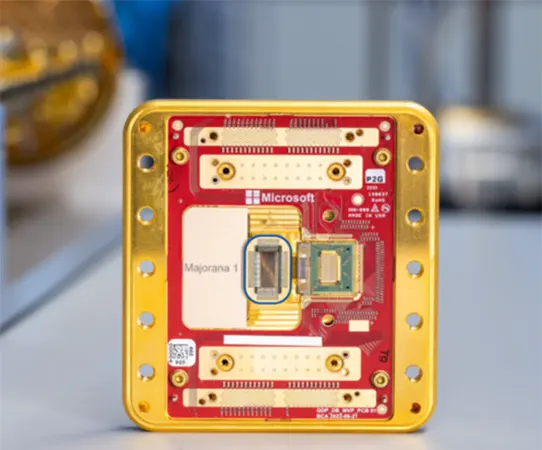Microsoft Achieves Quantum Leap: New State of Matter Created

Anyone who has experienced a third-grade science lesson is familiar with the three basic states of matter, solid, liquid, and gas. Microsoft has been working on a very promising machine called a quantum computer, which could change much from battery technology to pharmaceutical research to artificial intelligence.
The company says it has discovered a new state of matter. Microsoft researchers outlined the creation of a topological qubit recently. It is a piece derived from this newly discovered phase of matter that could be used to address complicated mathematical, scientific, and technological problems.
On the heels of this announcement, the company is setting the stage for what promises to be the next major technological race after artificial intelligence. Since the 1980s, scientists have been pursuing the dream of a quantum computer.
It is a machine that may one day manipulate the strange yet immensely capable properties of matter at the level of subatomic particles and cryogenic temperatures.
In December, that urgency took off when Google fielded an experimental quantum computer that claimed to perform a calculation in five minutes. The same calculation would be done by the best supercomputer in the world in 10 septillion years which is totally beyond the age of the universe itself.
Advancement with Microsoft’s quantum technology may prove more fertile avenues than those pursued by Google. As part of its research, Microsoft has built a number of topological qubits on a new class of chips combining the best features of traditional semiconductors and superconductors for quantum computing.
As this chip is cooled down to an almost absolute low temperature, it exhibits extraordinary and powerful behavior that Microsoft thinks will help tackle problems.
It can solve problems in technology, mathematics, and science that classical computers cannot. It claims that this technology is more stable than any other quantum technology, thus making it easier to put to use.